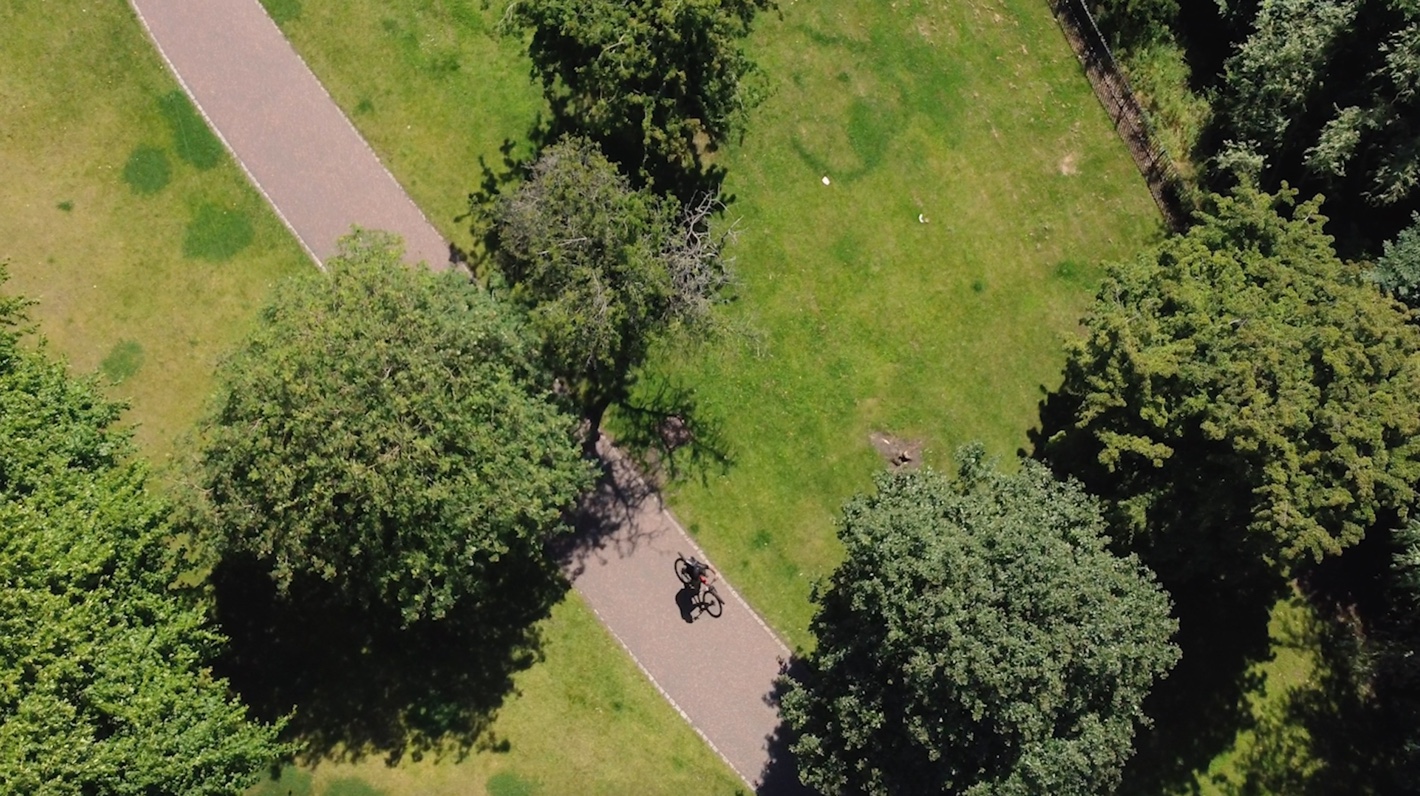
Last chance to stop Scottish Government u-turn on subsidies for burning trees
Campaigners have their final opportunity tomorrow (6 March) to alter proposals by the Scottish Government on big subsidies for inefficient large scale biomass electricity production. The Economy, Energy and Tourism Committee of the Scottish Parliament will consider the plans before they are implemented next month.
Almuth Ernsting of Biofuelwatch will present the campaigners’ arguments, backed by Friends of the Earth Scotland and Grangemouth Community Council. They are hoping for support from the Committee which has recently expressed serious doubts about large scale inefficient biomass electricity in a report on Renewable Energy.
The move will cost billions of pounds raised from household electricity bills. It also threatens to throw Scotland completely off its ambitious targets to reduce greenhouse gas emissions, as recent research using UK Government figures shows that burning trees for electricity produces more carbon dioxide than burning coal, before it is re-absorbed decades later (the idea of “carbon debt”). It would also have devastating impacts in poorer countries.
Almuth Ernsting, Biofuelwatch, said: “Remarkably, the Scottish Government sets out in its own Electricity Generation Policy Statement the reasons why it is not sensible to promote the large scale production of electricity from burning trees. And yet it is proposing to do just that.
“The stated policy is that ‘wood-fuelled biomass should be used in small heat only and CHP applications, off gas grid, at a scale appropriate to make best use of both the available heat, and of local supply’. Instead, what is being proposed is to subsidise large power stations, using around 80% imported wood pellets, primarily for producing electricity rather than heat, located at ports rather than off the gas grid.
“The policy also states that ‘given the limited resource, we have to ensure that it’s used as efficiently as possible,’ and recognises that heat-only and CHP schemes can achieve much higher efficiencies than those generating electricity. However, the Government intends that at most 35% efficiency should be required for CHP schemes to receive subsidies and possibly even less. This is just half the minimum figure of 70% set for biomass by the EU Directive on Renewable Energy, and will allow operators producing mostly electricity to secure subsidies.”
Andrew Llanwarne, Friends of the Earth Scotland, said: “It’s difficult to work out why the Government would act so contrary to its own well-reasoned policy on biomass, but there could be two reasons.
“Ministers may be concerned that the slow pace of development of offshore windfarms will put at risk their target of 100% of electricity from renewables by 2020, so they are desperate for an alternative source despite the carbon debt. Or it may be the result of the influence of energy companies in high places. Perhaps it’s both – the energy companies may have agreed to help the Government achieve its targets if the companies get the subsidies for their favoured schemes.
“And big biomass could earn them big money. The three biomass power stations proposed by Forth Energy, at Grangemouth, Dundee and Rosyth, would be in line to attract over £200m in subsidies each year, adding up to at least £5bn over their 25-year life-span. They would have serious impacts for people in poor countries through land clearance to grow trees, and higher food prices as a result. It puts into context the £3m promised by the Scottish Government over 3 years to help African communities respond to climate change.
“This is an appalling example of why the public has become so cynical about politicians, who say one thing then do the opposite, without explanation or apology. Let’s hope the Committee members are prepared to stick with their principles and challenge the Minister to go back to his original policy.”
ENDS
For media enquiries, please contact:
Andrew Llanwarne, Friends of the Earth Scotland, tel: 01382 732457, mob: 0791 294 5325
Almuth Ernsting, Biofuelwatch, tel: 0131 6232600
Notes to Editors
1. Electricity Generation Policy Statement, 2012:
scotland.gov.uk/Topics/Business-Industry/Energy/EGPS2012/DraftEPGS2012
2. Government response to consultation on changes to the Renewables Obligation (Scotland) legislation, February 2013:
www.scotland.gov.uk/Topics/Business-Industry/Energy/Obligation-12-13/SupplementaryB-D
3. Robinson and Salmond Launch Climate Justice Fund, May 2012:
www.scotland.gov.uk/News/Releases/2012/05/climate-justice-fund31052012
4. Dirtier than Coal, November 2012:
www.rspb.org.uk/news/328523-electricity-from-trees-dirtier-than-coal
5. Friends of the Earth Scotland is * Scotland’s leading environmental campaigning organisation * An independent Scottish charity with a network of thousands of supporters and active local groups across Scotland * Part of the largest grassroots environmental network in the world, uniting over 2 million supporters, 77 national member groups, and some 5,000 local activist groups – covering every continent.
www.foe-scotland.org.uk
